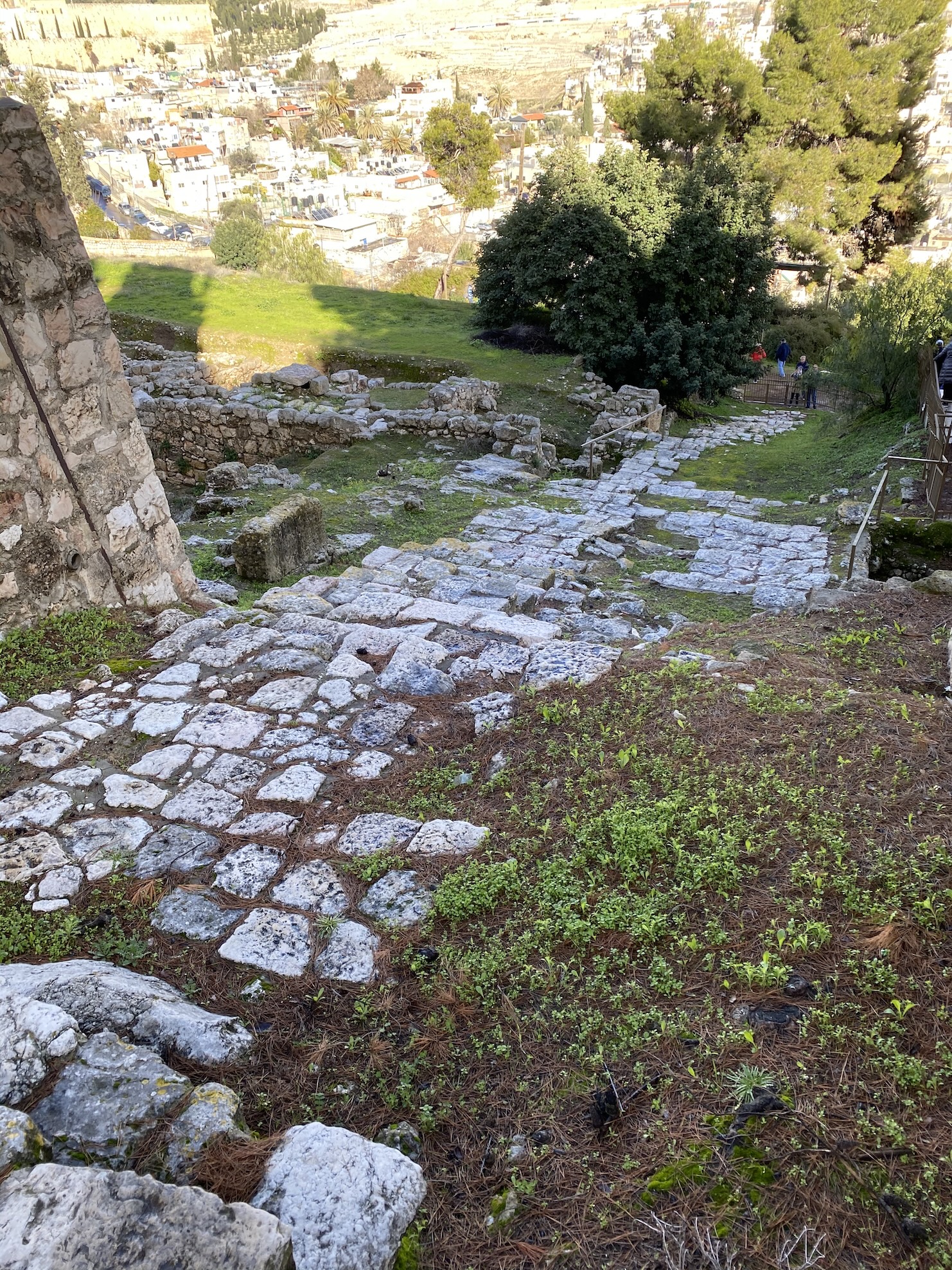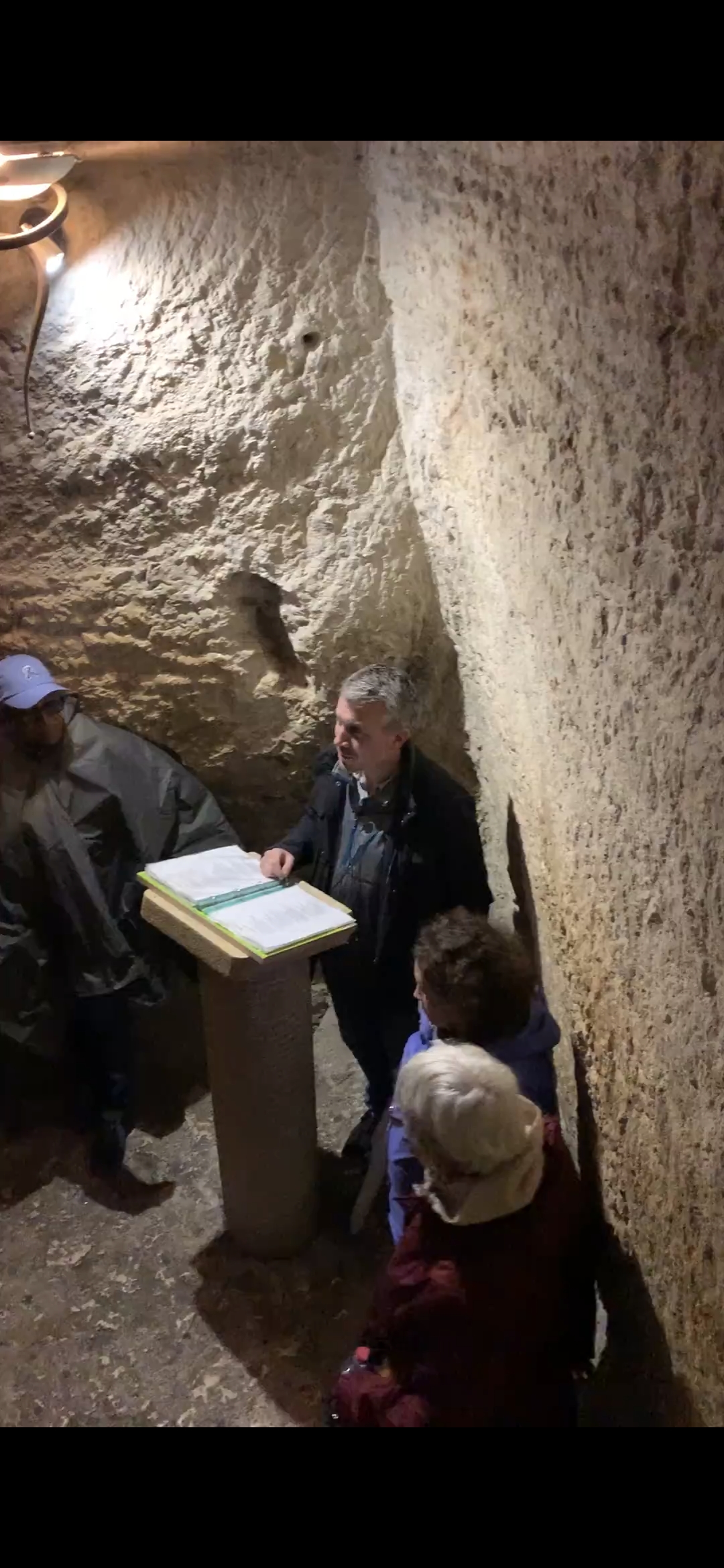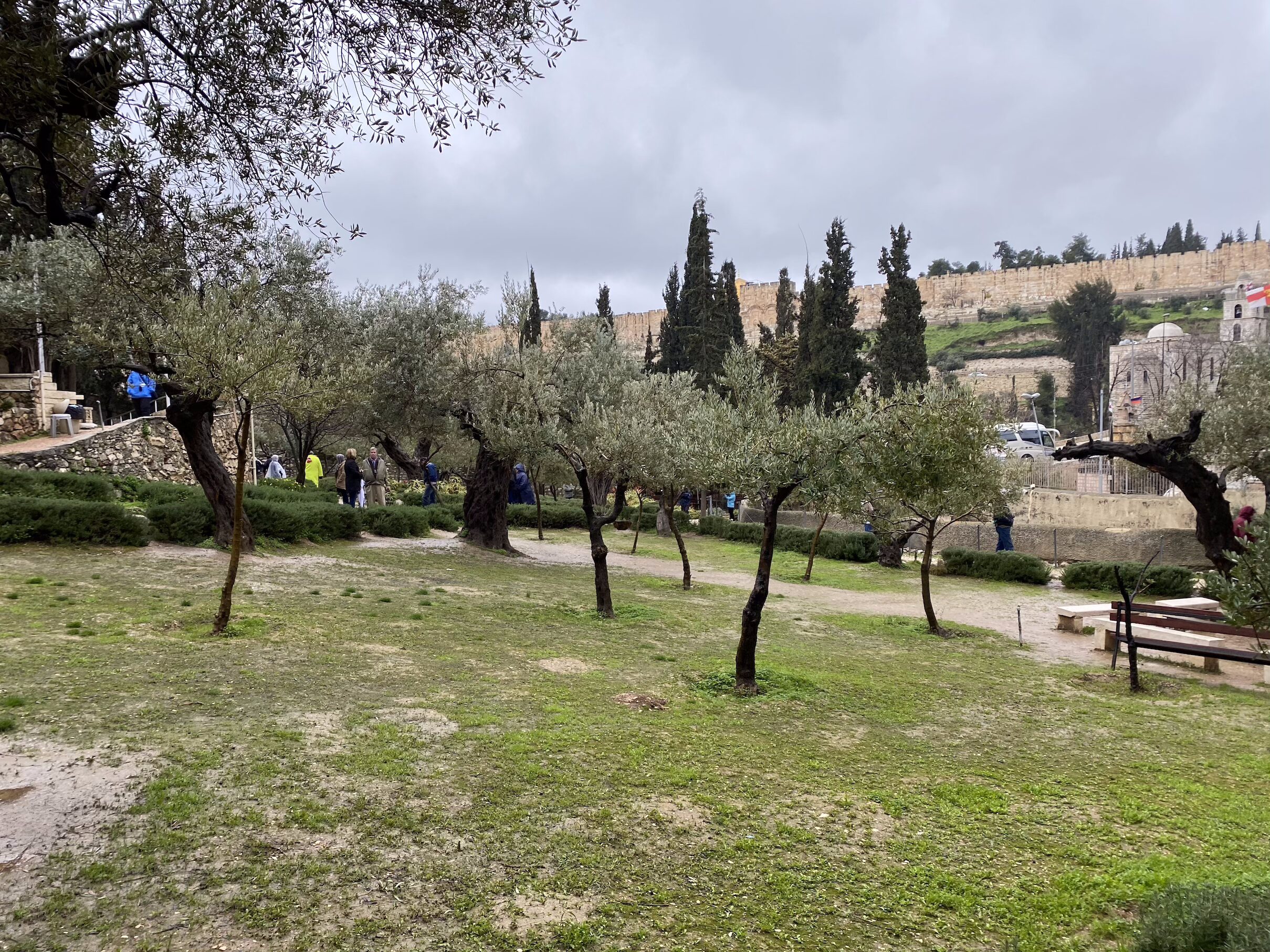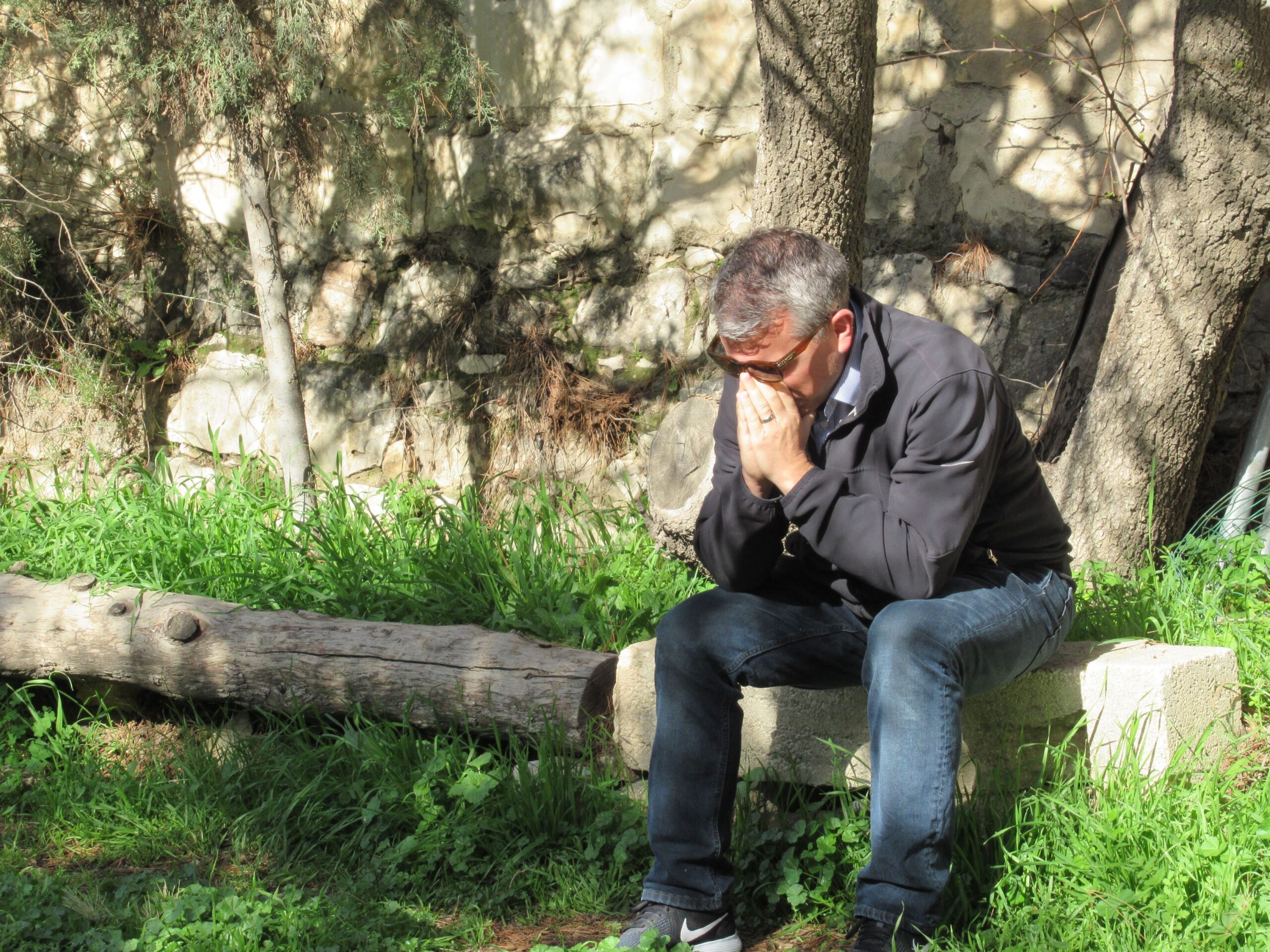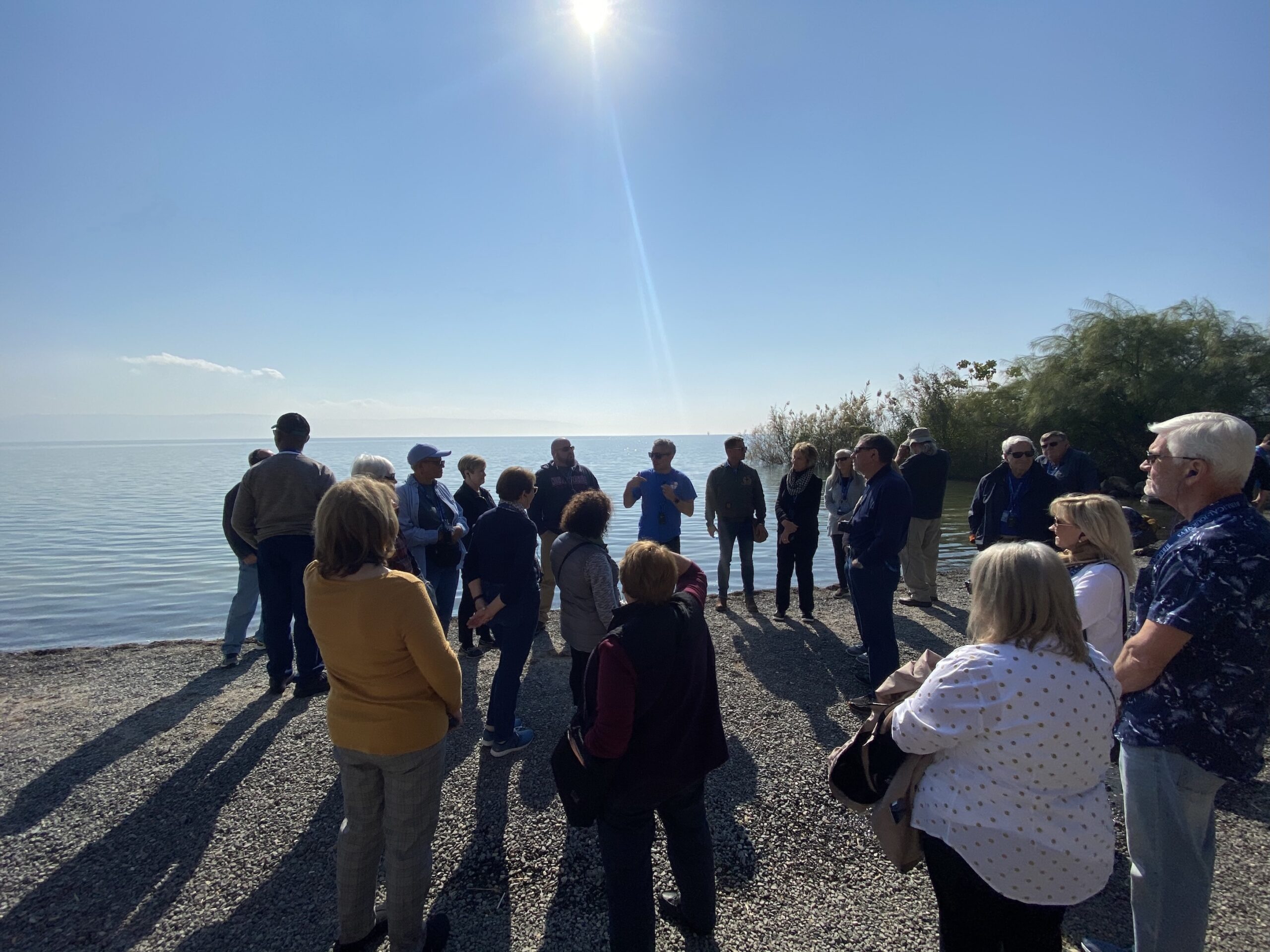Standing by the cross of Jesus were his mother, his mother’s sister, Mary the wife of Clopas, and Mary Magdalene. When Jesus saw his mother and the disciple he loved standing there, he said to his mother, “Woman, here is your son.” Then he said to the disciple, “Here is your mother.” And from that hour the disciple took her into his home.
After this, when Jesus knew that everything was now finished that the Scripture might be fulfilled, he said, “I’m thirsty.” A jar full of sour wine was sitting there; so they fixed a sponge full of sour wine on a hyssop branch and held it up to his mouth.
When Jesus had received the sour wine, he said, “It is finished.” Then bowing his head, he gave up his spirit. John 19:25-30 (CSB)
The longstanding offense of Jesus to many spiritual sorts is his visceral incarnate nature. Early Gnostics refused to believe that God would become man. It was a type of incomprehensible blasphemy. God was so vast, and so other that to think of him as a human being was a thought worth deriding. More popularly, later Gnostics used the imagery of the cross and Jesus as merely a temporary holding place for God. Some claimed Jesus dissipated or left the human form before his death. Or that he rose in a spiritual sense, as in the human form died, but the divine form continued to live. Others saw the whole thing as a type of myth. You can still hear large swaths of gnosticism remnant within our culture, and even the church.
Quite simply, the thought of a God crucified does not sit well with most people.
The problem with Gnosticism in either its ancient or contemporary form is well rehearsed, most famously by St. Irenaeus in Against Heresies, and defended, during the Council of Nicaea, by the likes of Athanasius. A God who was not fully present on the cross does not address the problem of human sin and brokenness.
The Christian faith believes that God fully entombed itself in human flesh (equally human and divine), truly died, and truly rose (in body). If God did not die, then you and I are not able to live. For it was the brokenness of human nature or flesh that God fully redeemed, and made holy, and it was only in becoming fully that thing which he redeemed that he could make it whole with himself. In other words, by becoming the frail and fallen human God divinized humanity, making it godlike.
Or to quote Athanasius, “God became man, so that man might become god.”
By drawing the human form into himself, into the very Godhead — Father, Son, and Holy Spirit — God gives humans the capacity to live with him forever. The image of Jesus in the perpetual Godhead, is the Lord who has a spear hole in his side, and marks on his hands and feet, forever, redeemed.
It’s a shocking statement. Shocking now, and shocking then. And none would have believed it, including his own disciples, before this day. As Paul points out the Gospel is a stumbling block to the wise of this world (1 Corinthians 1:23). It was not words, or philosophy, or music, or emotion that caused the world to understand what God was doing. It is still not these things. Rather, it was the actions of God, visibly displayed first to the disciples, and then repeated to subsequent generations who carry on what they have witnessed to be true in their lives. That this Lord, who was crucified. This Lord, who died a brutal traitor’s death on the hillside of Golgotha. This Lord was not held captive by the grave, because this Lord was more than anything we believed possible.
And in this moment, this Lord stares at the face of his beloved disciple, and Mary, his mother. It is a tradition that the beloved disciple is a stand in for the whole church. To the whole church, Jesus declares Mary to be the mother of all as an image of consolation and guidance. Mother Mary, who intercedes to her son on our behalf. Mother Mary, through whose womb the divine mixed with the heavenly, and whose genetic imagery is permanently implanted within God. His final action is to direct his mother to care for us, before he declares to the heavens and the hell that he has accomplished all things.
It is finished, he says finally, releasing his spirit.
Of his own free will. At no point was this sacrifice coerced or demanded. It was offered, willingly. God fully submits to the will of humans, redeeming us not through force, but through gift.
Perhaps the summation of our series ought to be said by another who said it far better than I will:
“The essence of sin is man substituting himself for God, while the essence of salvation is God substituting himself for man. Man asserts himself against God and puts himself where only God deserves to be; God sacrifices himself for man and puts himself where only man deserves to be.” – John Stott
Amen. It is finished.
Praise be to the Lamb who is worthy of all honor.
(Photo, Jesus’ tomb in the Church of the Holy Sepulchre, Jerusalem)





